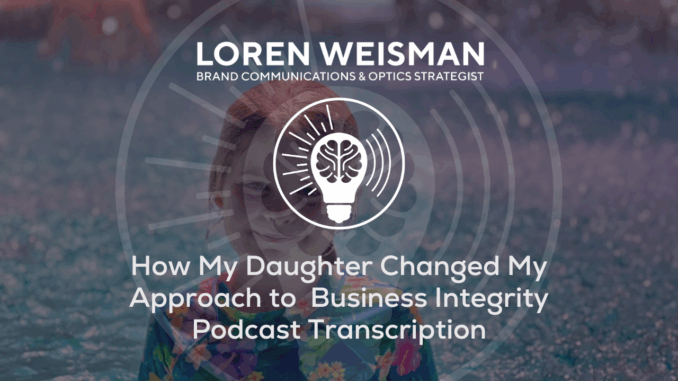
How My Daughter Changed My Approach Podcast Transcription from
How My Daughter Changed My Approach to Business Integrity Podcast.
How My Daughter Changed My Approach
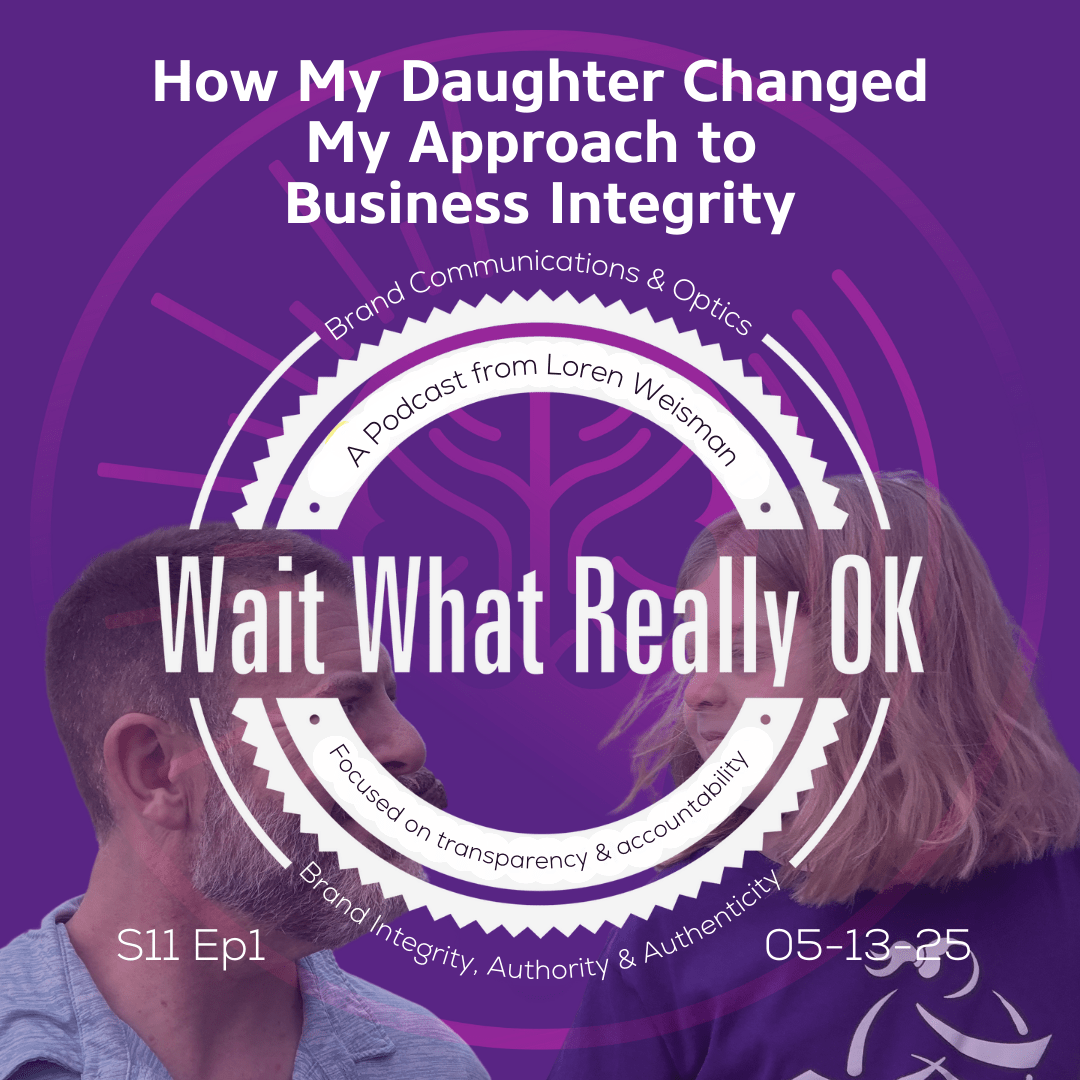
Released on May, 13th, 2025
🎙️ Tune In:
Listen to this Wait What Really Ok Podcast Episode
How My Daughter Changed My Approach to Business Integrity
on
Spotify
Apple Podcasts
iHeart Radio
Pandora
Amazon Music
YouTube
and other platforms.
How My Daughter Changed My Approach Podcast Chapters
How My Daughter Changed My Approach Chapters:
00:00 – Introduction to how my daughter changed my approach
00:25 – My Reflection? My daughter changed my approach
01:09 – Working as a Ghost Drummer
02:24 – Music Industry Deceptions
04:02 – Shifting to TV Production
05:15 – So easily accepted by the public
06:50 – The Artists Guide to Success in the Music Business
08:37 – Transitioning to New Opportunities
09:28 – Couldn’t do the same thing
10:45 – The Revelations in Discoveries
11:50 – The Impact of Fatherhood
12:59 – Pride in my daughter and her awareness
14:46 – Disturbing and dishonest business coaches
15:20 – Not my place to judge but I won’t support that approach
16:03 – Navigating Ethical Dilemmas
16:59 – Selling out the soul
18:14 – The Separation from my ex
19:08 – Moving away from guarantees
21:09 – The Abuse of AI
22:12 – The Role of AI in Business
24:20 – Embracing Transparency and Honesty
25:30 – How My Daughter Changed My Approach Because of my daughter
26:32 – Having to hold things back from her
27:29 – A Message for My Daughter
28:45 – A Message for the Future
29:30 – Final Thought and Conclusion
How My Daughter Changed My Approach Podcast Text Transcription
How My Daughter Changed My Approach to Business Integrity Podcast Transcription
No one, nothing has ever had the impact on me as much as my daughter, and not just as being a father, but what she did to me and how she’s affected me with my work, with my life, with my faith. I point so much of it back to her. So, how my daughter changed my approach… let me count the ways.
My name is Loren Weisman. This is Wait What Really Ok and this episode is titled “How my daughter changed my approach to business integrity”. A podcast that has not been updated all that much. But I’m to trying, trying to get better at that.
And this episode is based around my daughter and how my daughter changed my approach to much of my life. And this may be a little bit more of interest to those that may be working with me or may want to work with me to understand where I come from and where my foundation stands.
And a lot of my foundation and my present foundation has been secured and stabilized and reinforced because of my daughter. I was not an immoral person. I did things that I am not proud of. When I was in the music industry, I did certain albums that I automatically knew were going to go nowhere. I worked as a ghost drummer and as a session drummer. And I remember when the boy band phase was happening.
How my daughter changed my approach continued:
Many of the sort of organizational or investment groups, when it came to that, it wasn’t pick up this one band and develop them. That wasn’t very often the model. It was pick up five to 10 bands. And oftentimes a lot of the session players, they would work with all of them. And the plan really was to get out 1 max 2 and use the others as a write off. So there were times going into the studio and seeing the excitement of some guys thinking, you know, this is it, we’re putting it together, knowing that from a meeting that I had been privy to, that these guys were basically a write off.
And from elements of using songs that were written from them or rearrangements or reproductions, these guys were soon to be dropped and to never be heard of again. And there was a thing that stinks. It stung a little bit. It didn’t bother me as much as I think it would now, but I let it go. And then as I moved into music production, I found myself wanting to work with more authentic artists.
I was hungry to work with artists that could genuinely play. I think that there was a. There was a lift in that. It was, I want this to be better.
But then there was a time in that when it was, okay, you know, we’ll get him, as long as we get him in this range. We’ve got the auto tune. We don’t, you know, it wasn’t. It wasn’t striving to get them to hit the note. It was striving to get them close enough to the note so that autotune could be applied at that time and it wouldn’t be noticeable. It was an aspect of deception. It was the aspect of deception of what a lot of my early career was.
Library of Congress Visit. The psychology and perceptions of a brand misread
How My Daughter Changed My Approach continued:
Where if somebody was too drunk, they didn’t show up, they couldn’t play the part that I would cover it and they would get credit for it and I didn’t complain. And on those sessions I ended up getting more to shut my mouth.
But it was also a deception of what the music industry was. And that was a deception well before I started it. It goes back to the days of Ringo. Wasn’t always Ringo on the drums. Wasn’t always, you know, the Wilson Brothers or Dennis on for The Beach Boys.
There was a lot that came out and it’s less of a thing now. I spoke to somebody a few weeks ago and they were saying, how do you become a ghost drummer? I really think that’s pretty much expired. Many of these bands are coming out flat out stating, oh, we had this session drummer come in and he played the part.
More people are coming out right now explaining and even telling stories of this guy came in. That guy came in to help me out. This guy came in to, you know, fix this. So that’s not really there anymore. There was a part of deception there. And then going into.
As I shifted over into television, it jumped up a bit. There was an infomercial that I worked on and it was fun to do, but it made me physically sick at times in what was being done and what was being made up. And things that were lied to. Briefcases of money being handed to doctors to just sign off to sedate. Oh, yeah, no, this is actually healthy. I endorse this.
Library of Congress Visit. The psychology and perceptions of a brand misread
How My Daughter Changed My Approach Continued
They endorse it because they get a check and there used to be a list through a production company that would state, these are the doctors you go to that will happily endorse whatever you have and say, this is the thing to do and this is the right thing and this is good for your health. Just make sure it’s not even. Make sure the check clears.
Make sure the briefcase of cash gets in their hand. And there was something a little bit off at that time. And it also tied in a little bit to some of the work with the reality shows. And it was just putting out these things where it was a game and it was so well behind the scenes.
And it was amazing how the deception just. It was so easily accepted by the public. We could sit here in a room and come up with this idea. And I remember one particular show and one particular idea. I’m not going to dig into it, I’m not going to name names, but it was this thought of, the public will never go for this. They’ll never buy this.
And then I was on a flight from Los Angeles to Seattle and somebody had handed back a USA Today. And this idea that a couple of us had come up with a presentation of, hey, wouldn’t this be cool if we push this out this way? If we pushed it through these channels, made it seem like it was coming more so from the public, but was really contrived and built by us for promotion. And boom, there it goes. And all of a sudden it’s on the COVID of USA Today. And there was this element of going, wow, that’s really cool. And there was an element of, wow, that really isn’t cool.
How My Daughter Changed My Approach continued:
How My Daughter Changed My Approach Podcast Transcription Continued…
This continued on for some time and I got myself. I knew I had to get out of Los Angeles. And I know that there are. I’m not saying all la, and I know that there are some moral and ethical and faithful people that still work there, but the energy of it and the vibe of it, it just wasn’t there. And getting out of there, it was. I mean, it was good for me. It was good for me. I’d gone onto a book tour for the summer and it was this idea of not going back.
It’s, you know, the end result was to go somewhere else and not to return there and only to go back to LA for a specific date, if need be, for a specific job, if need be, and not anymore. And as I shifted the, the, the second book that I wrote, I had formatted because I was starting to touch base with other businesses.
And it was as I was going into the messaging and the branding and the optics, communications. And the second book opened up many more doors outside of music. The Artist’s guide to success in the music business was for musicians.
Yet a lot of the people and the buyers were parents of musicians, friends of musicians, spouses of musicians. And it was. It served well. It was. It was what I wanted it to be. It was sharing that this is a viewpoint from all my experiences, from all my albums, not some here’s the trick or here’s the template, because there isn’t one. And here, you know, in some of these books that were put out in the music industry, it was somebody that had one linear line of success.
And so then they tried to attribute that as the answer of all success, which is just not true. And so I Was proud of how that put out. That was put out. And it became exciting to me to experience people that were outside of music starting to reach out. It was confusing at first, but I started working with real estate companies, small businesses. I worked with a law firm, I worked with a hospital. I worked with a group of some, you know, individuals. I worked with some media professionals.
How my daughter changed my approach continued:
I even helped some other consultants and coaches. I was still doing stuff with record labels, I was still doing stuff with independent artists, a couple larger scale artists. But it was this great shift at the time into working with other businesses. And as I found myself enjoying that and moving away from music and moving away from entertainment.
And I loved what music was and I loved what entertainment was. And I was asked the other day, like, but do you miss it? Do you miss drumming? Do you miss the studio? No, I don’t.
I loved it for what it was, but when I was a drummer, I practiced many, many hours a day. And I love the practice. And then I go right to playing. And I love playing and I love the audiences and I loved the studio. I love the one off experiences of it was you go in and you’re only with a band for a night and learning the charts or writing, even sometimes writing the charts on the plane on the way there and then returning and never hearing from them again.
To me, that was more satisfying than looking at some of these bands that have just been together forever playing the same songs. You know, they put out the new material, but they play the same songs every night. And then they go out on that next tour and maybe they’ll pop out a new album.
But it’s the old songs that people want. That to me would have been torture. And so at that time when I was a musician, to be able to jump around to just hit from, it’s gonna be a jazz thing this night. It’s gonna be pop here, it’s gonna be rock, it’s gonna be metal, it’s gonna be reggae.
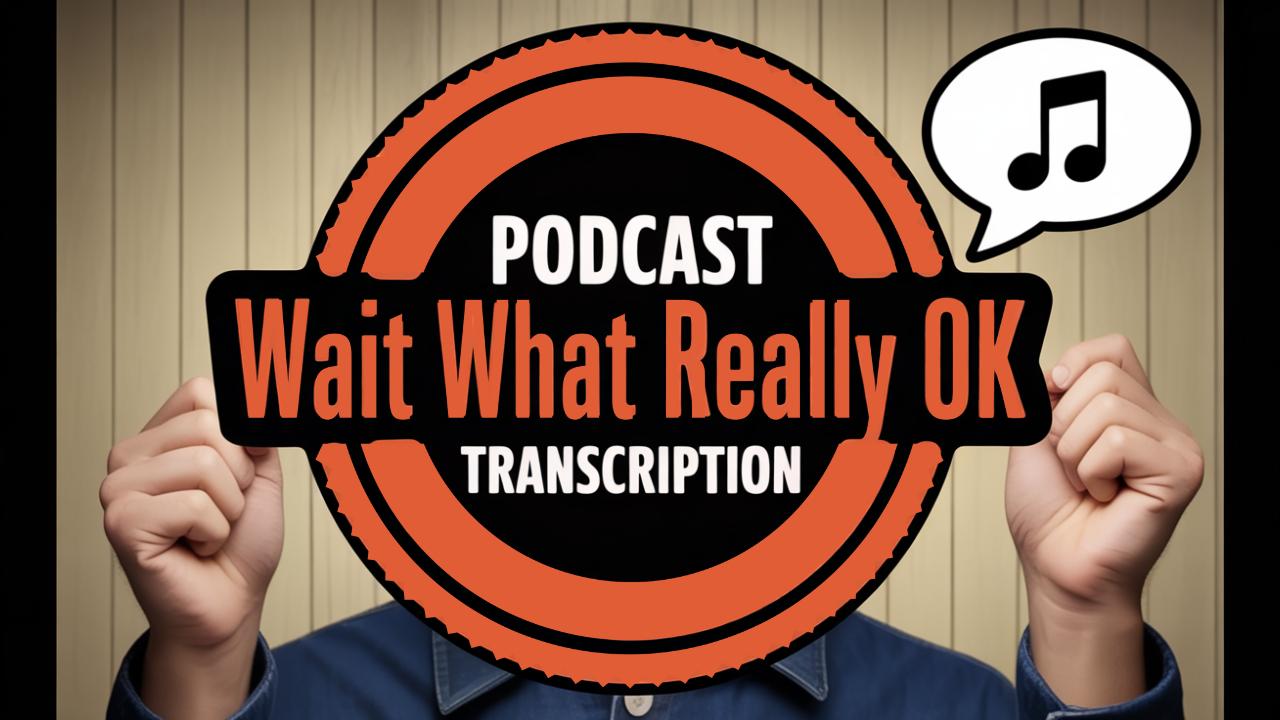
That was fun and it was beautiful and it was exciting because I didn’t know what it would bring, I didn’t know how it would go. I didn’t know the people that I was necessarily working with. So it was just brand new experiences over and over and over again. And for that I loved it. And so when I got out of that and I started shifting to more of the communication, more of the optics, more of the strategies with, you know, elements that were outside of music and entertainment.
It was sometimes bringing an entertainment eye to something that was outside of entertainment, but staying out of entertainment, staying outside of music. And as people started to call and I got involved, I was involved at the time with, you know, there were some shady businesses, there were some shady individuals.
And in that, you know, I’d start. I’d start a project. And then as I dug in, when I do my discoveries, it reveals a lot. And with some of these people, it was, well, this is great money.
I’m just going to let this go.
How My Daughter Changed My Approach continued:
There was one particular couple, it was. It came. It came away very soon that not only was their business shady, but that they were even harming other people. And what I was doing inside of the communication and the optics was presenting the image that they wanted to have come across, the optic that they wanted to have come across as strong as possible, which is something I love to do.
The problem with it was it was to hide what they were really doing. And it was around this time that my daughter was born. And it had a massive impact on me. It felt bad for that. But then it was really this experience of holding my daughter the first time I had a sense of how she was impacting me and how my daughter changed my approach from the minute she was born.
And I was moving away from some of the more immoral practices in business, in music and entertainment, outside of it. But it was this feeling of, how am I going to be the best father? Who am I going to be to you? What can I share with you as you grow, and how can I share it? And what would I need to hide from you? And that had the biggest impact on me. And it started me changing in what and who I was working with. It was an element of, I can’t just do this to do this to make money. I can’t just do this to survive, to support, to profit. This realization in it self was a big part of how my daughter changed my approach.
It has to be on a completely different level. It has to be something where with transparency in the stuff that I discuss inside of communication, that transparency had to be there for my daughter with me. And in that, it shifted me. And yes, it cost me some money.
It was making a little bit less, it was being more picky. There were times when I was going, well, you know what? Be easier, be less time, be more fun to just pop this this way. But I couldn’t do that anymore. And I was proud of that shift. I was proud of through my daughter in her early years that she could come into my office, in the house, and she could sit and draw. There was nothing that she had to be kept from. That was a big part of the transparency in How My Daughter Changed My Approach.
How My Daughter Changed My Approach Podcast Transcription Continued…
The conversations I had were not, okay, you can’t overhear this. And she was great. She was quiet. She knew when I was on the phone. She knew through Covid, when I was on Zoom, she would, you know, excuse me. I mean, it was her. The way, even if she needed to interrupt, it was perfect. She really was just so aware of the surroundings and when I was working and what she could do. And, I mean, she knew if I was on a phone call, she could come in and even sit on my lap and just hug and hold me and be quiet while I was on the phone.
And she also knew if I was on Zoom that she couldn’t necessarily do that. I mean, she’s just. She’s. She’s amazing. But as. As she grew and as she grew on me, I thought about the elements of what I want to be able to present to her and not say, okay, yes, okay, I’d love to be, you know, uber wealthy and be able to provide every absolute thing that you could ever need, and that would be great.
But however, inside of that wealth, what is that at the expense of? And that’s something that affects me to who I work with and who I will work with. I will not profit at the expense of anyone. I’m not going to just throw something out there. And it’s become a scary time that people are trained to do this.
How My Daughter Changed My Approach Continued:
This is how you sell. This is how you 10x. I mean, these 10xers, this 10x thing. I think Grant Cardone is mentally disturbed. I do not like the man. I respect he’s got his business, I respect, he’s got his success, but where he’s chosen to go with his morals, fine, that’s on him.
But the presentation and the presence of what he shares, and, I mean, it goes the same for the cats like Gary Vee and Tony Robbins, and I think that they must have fantastic, amazing, outstanding lawyers that protect them, that set up settlements, because some of the things that they’ve shared and some of the things that they’ve done and some of the things that they’ve kept hidden, it feels very off to me.
To each their own. I’m no judge, I’m no jury. I just know I can’t operate that way.
And it’s scary to me when these businesses that just say, okay, I’ve got to raise my prices, and this whole, you need to raise your price to this. Do you. Are you doing that because the value of your service or your product is worth it? Or are you just buying into this because you’re trying to make more money for you?
We’ve come into a I’ll screw anyone over culture and not care, but at the same time present this. Oh, I’m just Loving. Oh, I just want to see everyone succeed. Oh, I’m so. I feel so humbled that I made this money on breaking the backs and hurting who these cats like, the dude that they’ve, you know, put up on a pedestal. The.
Was it Jordan Belfort? The dude they did the thing, the movie Wolf of Wall Street. This is a celebrated criminal that hurt people. And now some of his new optic and his message. Oh, it was all, you know, it was all wealthy people, and they could handle the loss.
So you’re admitting it’s fine that you took a whole bunch of money from wealthy people, but you’re also not talking about how you screwed over small people, how you harm people, how people, I mean, that were that negatively impacted, and yet it’s shoved to the side. And you see the optic and the constant trend that keeps coming up about sell me a pen.
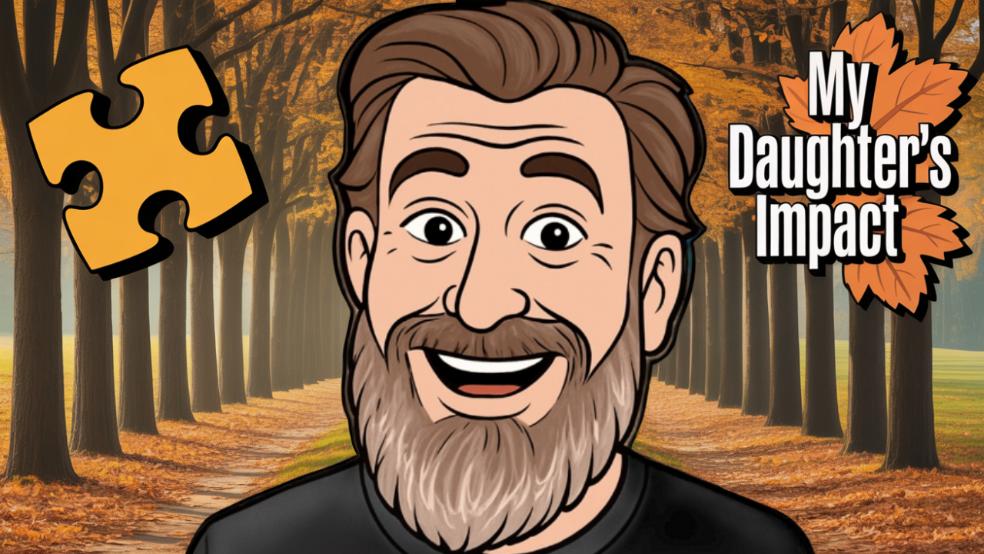
How I work now and working with me
How My Daughter Changed My Approach Continued:
No, to me it sounds like sell me your soul. You sold out, in my opinion, a total sellout. And claiming, no, he’s in this better place and he’s learned all this? I don’t think so. And I think that that’s scary. And even right now, there’s been some things that have happened to me in the last couple years that have been just absolutely devastating that I’m still fighting through right now.
And I’m able to operate. I’m able to work with people. I haven’t been able to get out and speak. I’m in a. I guess you could say health crisis and dealing with a series of surgeries that have to take place and dealing with a whole bunch of issues that I never. I never imagined and never fathomed, I have never been in as much pain physically and. And even on some levels, emotionally as I have in these last two years.
Yet in the middle of everything that’s happening, and even in the middle of a time where I’ve been away from my daughter due to an incredibly unfortunate, you know, period, this finalization of a, you know, to. To state it, lightly contentious divorce.
And it’s not something new. I. I was not with my. My ex. We were. We were apart. Apart seven years ago. But it felt the. The. The intensity of certain things that happened in the past couple years, and then the finalization of it. It. It. It’s been. It’s been something. But even in the middle of all of that, I will not work with someone that is trying to get.
Get somewhere or get something over someone else. I will not work with a fraud. I will not work with anyone that I can’t immediately get on the phone or Facetime with my daughter and tell, this is who I’m working with, this is their product, this is their service. Because she’s interested and she wants to know, I will not hide that thing and I’m not going to shortcut, I’m not going to harm someone. I mean, it’s. What is it that Hippocratic oath that doctors take. Be nice if we saw more people inside of business development, inside of strategy, inside of communications taking the same thing. Harm no one, only do good.
It would be interesting to see someone sign, or a series of people sign that as a document guaranteeing the guarantees and not making the promises where they shouldn’t make the promises, because too many do make promises.
I guarantee your business, I guarantee your product, I guarantee your online presence, your YouTube views, your monetization, your sales. Sales, your distribution. And you turn around and you go to some of these people and something I’ve shared with my clients said, you know what, all this guarantee stuff they have online, make sure that when you do something with them that they have that guarantee written down. Not the one not on social media, on a contract with you, that if that stuff does not come through and present that you’re.
How my daughter changed my approach continued:
You’ve got your guarantee and you’ve got your money back or you’ve got whatever. And it’s funny to hear them on, almost not funny to see, oh, well, we can’t exactly do this. And there’s certain things here, you know, you look at the small print still, it’s a lie. I ask people, just as I do, to step away from the claims. I ask people, just as I do that I hold clients accountable.
I can work with you with your communications, your optics, your messaging. I can help you through a series of different areas, an array of options. However, if you’re not going to do the work, the continuity of it, if you’re not going to put to the solid foundation of it, it’s not going to work in the long run to switch out from something and say, okay, I’m going to build and develop this to.
I’m just going to cross over to AI and do three simple prompts. And that’s what I’m going to use. It will fail because it’s not artificial intelligence. It’s almost this algorithmic popularity. And AI is for another day. And there are people, oh, you know, I can, I can just get your information, I can just get what you do on AI if you can, good for you.
I’ve not really found that with a lot of people and they say, oh, it’s just fixing your prompt and doing this. It’s a little bit more than that. And there are a lot of people that choose to use AI and they use it. I mean, it’s in such immoral and awful ways, and yet it’s so heavily promoted.
Musical Influences that impacted me
How my daughter changed my approach continued:
I mean, there are guys that are bragging on there saying, gosh, you look like your stuff looks like it’s from a major brand, looks like it’s from your major competitor. I mean, are you stealing their stuff? Is that illegal? No, it’s not illegal. I can go in and I can. I can copy all this stuff through this AI prompt. I can figure this out, copy it, and then shift it just enough to make it mine. It comes. It comes in just crossing too many lines for me. And I. And I’m not knocking AI.
There are things inside of AI. There are things inside of prompts, inside of organizing that can be incredibly helpful, but at the same time to sit there and steal and come up with things that aren’t yours. These people that come up with AI books, they pop in, you know, what should be my chapters? Okay, what should be in here?
They’re filling this in, and then they’re bragging and claiming they’re an author. I don’t even call myself an author anymore. I have three books, and I’ve worked with a number of authors on a number of other books in formatting them. I don’t take any credit to that, because right now, to be an author, it seems to be a simple task and a simple prompt that you pop into AI.
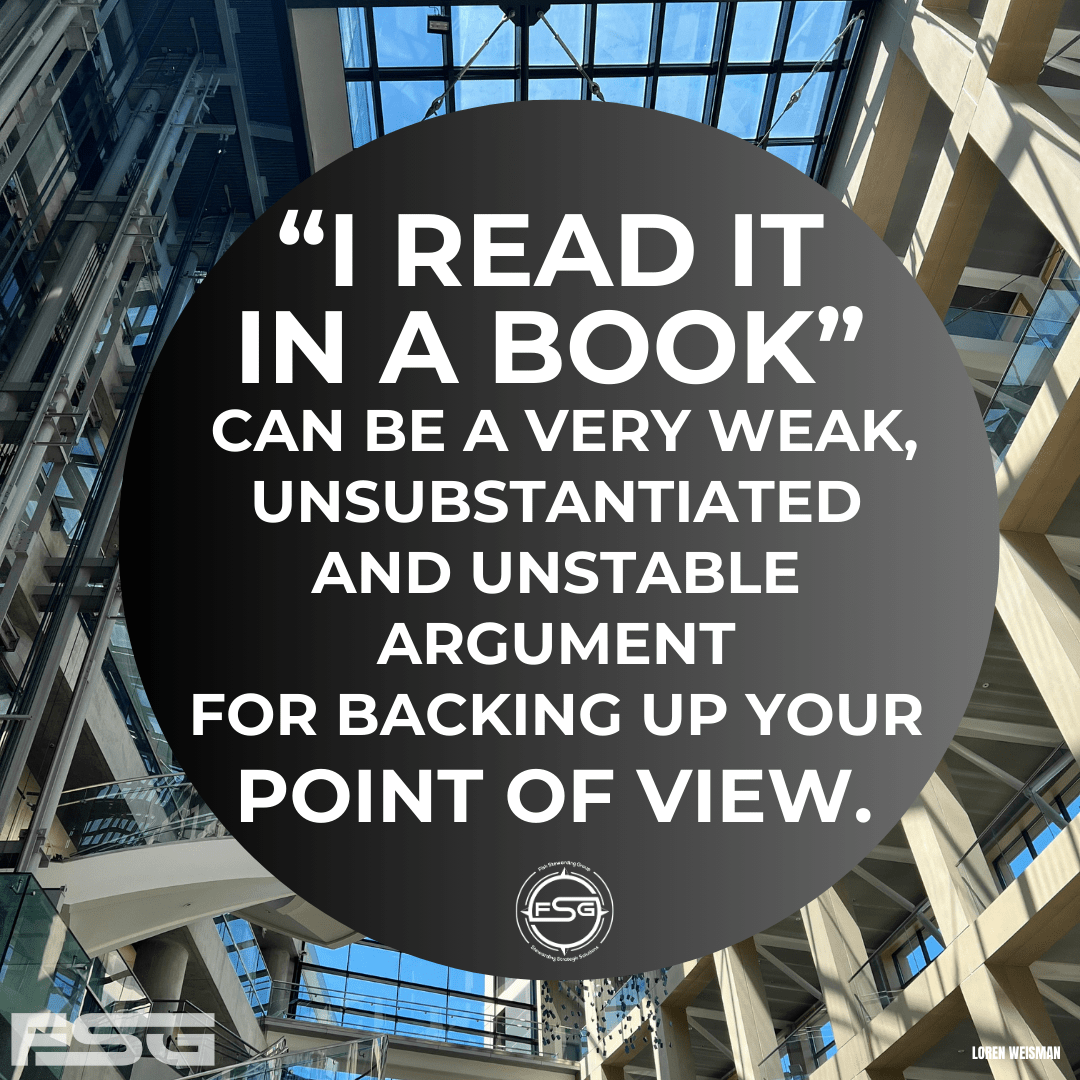
And that, to me, is a problem. Staying in this idea of where it changed me, how my daughter changed my approach, and where my daughter changed me, all of this grew and continued to get stronger. And even in these times with this stuff that I’m dealing with, with my health, when I’m on the phone or FaceTime or seeing my daughter, I’m prepared to tell her what I’m doing, how I’m doing it, and why I’m doing it.
And in that is honesty, and in that is love. And if I can’t do that directly with her, then what I’m doing is wrong. And I don’t want to be wrong. I enjoy working with those that maybe they were in the same position, maybe they were doing. Maybe there’s been a calling on them, whether it’s a child or something else that’s brought them to a place of going. I can’t work the way I used to work.
Maybe it’s something inside of them saying, I’ve got To I gotta flip the switch. I’ve got to adjust, to do right, I’ve got to do it the right way or I’m having a hard time standing out where all these people are shortcutting, where they’re popping up claims, where they’re making hype, where they’re stealing, where they’re lying, where they’re cheating.
And those people that don’t want to join that crowd but want to stand firm on stability, with security, with love, with faith, those are the people I want to connect with because those are the people I feel happy to share with my daughter and say, this is what I’m doing, this is what I’m building, this is what I’m working on with this person.
My sort of vetting stance for a client. If I get in into a discovery, if I get into development, if I get into even strategic sessions. And I am not 100% sure that I can share what I’m not giving my daughter all the every single detail, but that I can’t share the basics of what is happening, that I’m working with someone I shouldn’t be working with.
And yes, it was that way for a long time. And I did a lot of things I’m not proud of in the music days, in the television days. But the impact that my daughter had, that I will not settle, that I will not lower a standard, that my standards have been raised up by her, is everything to me. My daughter is my inspiration to do the work that I do.
My daughter is the inspiration to get healthy again from the things that have happened. Just one of the ways in how my daughter changed my approach to so many different parts of my life.
How my daughter changed my approach continued:
My daughter is the inspiration for how I’ve found new elements in communication and new ways of understanding how to communicate. That is a key element in how my daughter changed my approach.Because of her. She is at the root of my business. She is at the root of my heart and at my soul. And it’s because of her that I’ll only work with those that I know are true to heart, true to form, true to honor, because I have to be that for my daughter.
I can’t hide and say, okay, I’m just going to be so honest with you and I’m going to share all these things, but I’m going to hide this over here. It’s hard to hold things back. It’s hard. And it’s not about bad mouthing an ex, but kind of sucks when there’s, you know, things in those divorce decrees and whatnot.
You can’t discuss this and you can’t share this and you can’t state this and it’s not bashing the ex, but it’s unfortunate that there are times that legally I can’t discuss that. And it’s not in like, okay, I need to get that out and I need you to know. But to hold anything back from her harms me. It hurts me, and I don’t want to.
Now, legally, there I have to. And even with some of the confidentiality agreements from the past that are, you know, were signed for a very long period of time, there’s certain stuff that has to be held off.
But I’d rather with everything that I can share with everyone that I’m around, that I can openly share it with my daughter. And I close with this thought and maybe this is a little bit of a ramble and not something that many people will listen to, but maybe it just feels good to say, maybe it’s something that my daughter will come upon someday and listen to this podcast and hear it and know.
I know that she knows where I stand.
But maybe this will, in the end be a reminder for one and a reminder for her and exactly how my daughter changed my approach.
And if you’re listening at some point in the future,
I love you, Olivia.
You are my everything.
You have changed my mind.
You have amplified my faith.
You have made me a better man.
You’ve made me a better strategist, a better communicator.
You’ve made me better for what I do and how I do it and picking carefully who I do it with.
And I owe so much of that to you.
And I love you very, very much.
How my daughter changed my approach to business integrity continued:
How my daughter changed my approach continued:
And to anybody else, I hope, I pray that when you choose to switch paths, maybe from doing something a little iffy to standing on a better ground, that you build up to that point that you could communicate with your family, with your loved ones, with total transparency, with total love, the ability to profit and expand and extend, but not at the expense of hurting anyone else.
And in that many of us doing it together, what kind of impact and how great would that be for young entrepreneurs, for older entrepreneurs, for businesses to, in the time and age where accountability is shoved to the side, if the volume on accountability could be turned up, if expectations could be raised, if morals, honor, all of that could just be turned up and amplified that much more. What an impact that could make for business. In how my daughter changed my approach, it was the biggest impact to me.
How My Daughter Changed My Approach Podcast Transcription Continued…
And at the same time, how much could that protect businesses, consumers and others that go out there to expect just a little bit more, a little bit more, and look in just a little bit deeper, to make sure that the people that they’re involved with, that they’re working with, that they’re buying from, that they’re selling to stand just a little bit stronger.
I think that would be amazing. I think that would be everything. And while I can’t change the world, I’ve made that change for me and for my daughter, Olivia. And in that, and even in the times and the health and all that, I can still stand strong. I can still be proud of what I’m doing, how I’m handling what’s in front of me and how I work with people and who I work with.
So probably because it’s more of who knows how many years down the line for Olivia. I love you. For others, stand your ground or find your ground off of what you know. Because when you can be that open and that honest, it may just open up that many more doors and the right doors for what could be something that you could never imagine and be so much greater and so much more profitable in your heart, in your mind, and in your soul.
I’m Loren Weisman. This was a podcast about how my daughter changed my approach and what I would call a different and interesting episode of Wait What Really Ok. And I’ll call it there.
How My Daughter Changed My Approach to Business Integrity Podcast Transcription



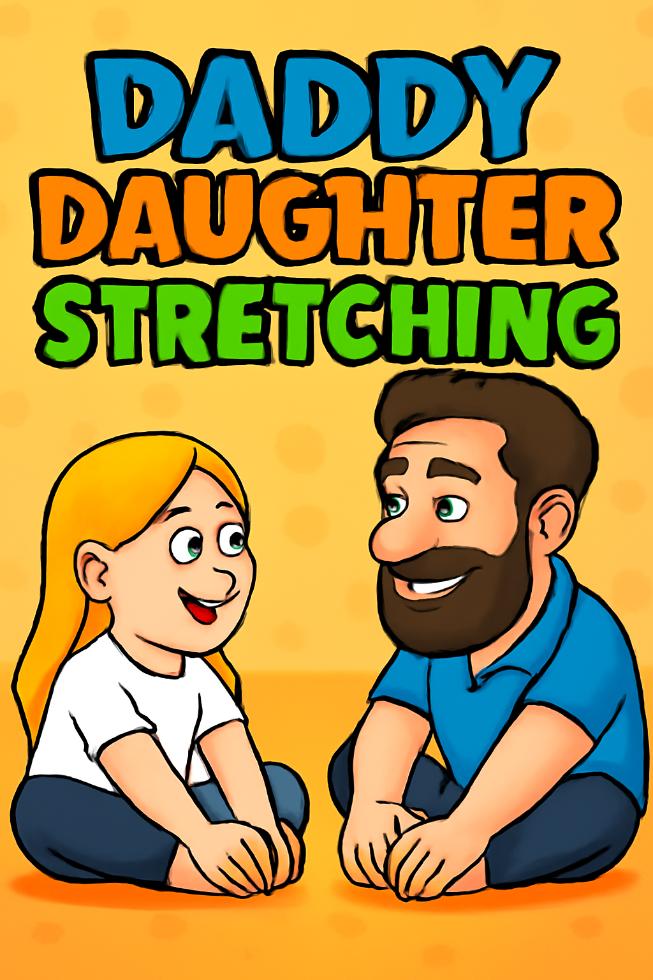
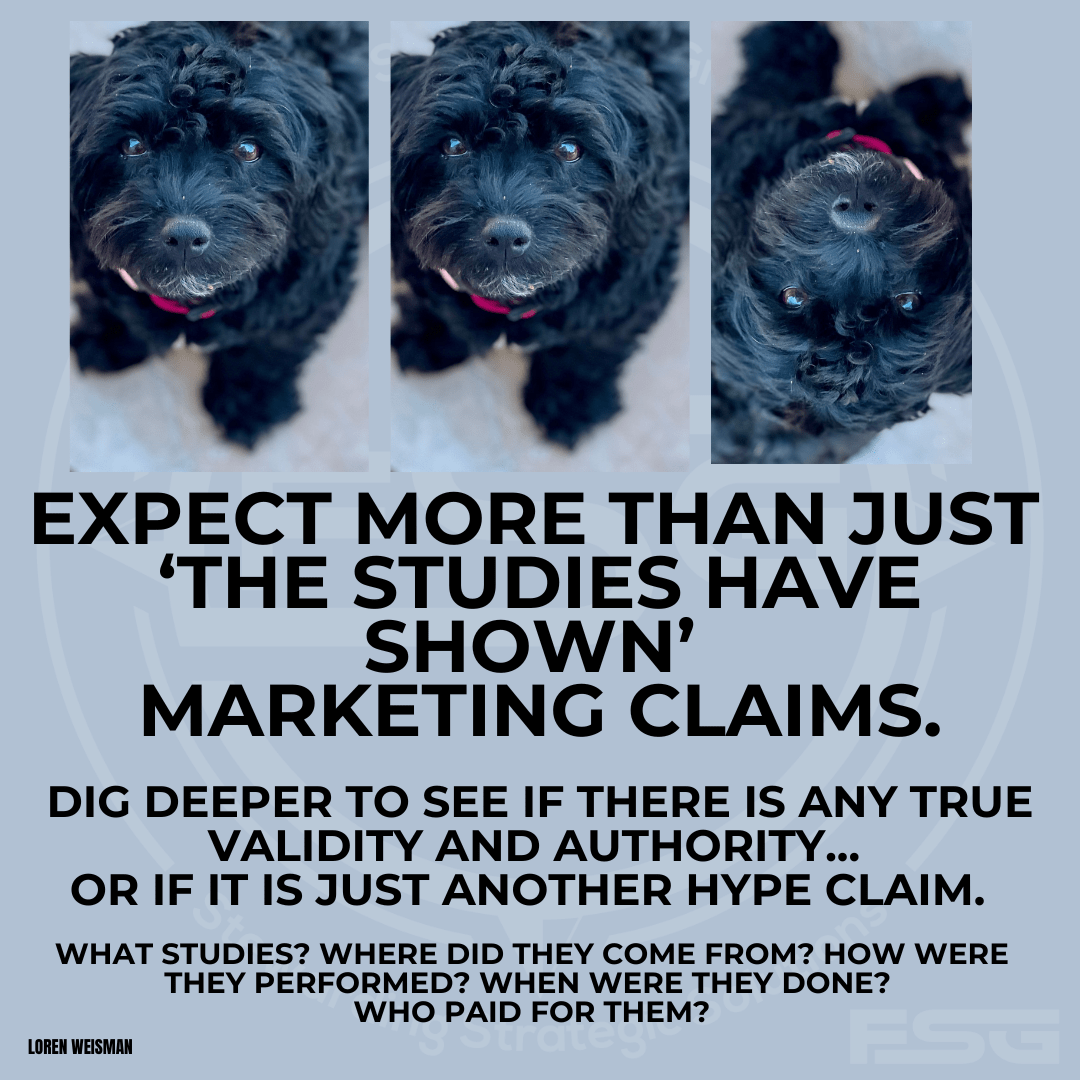
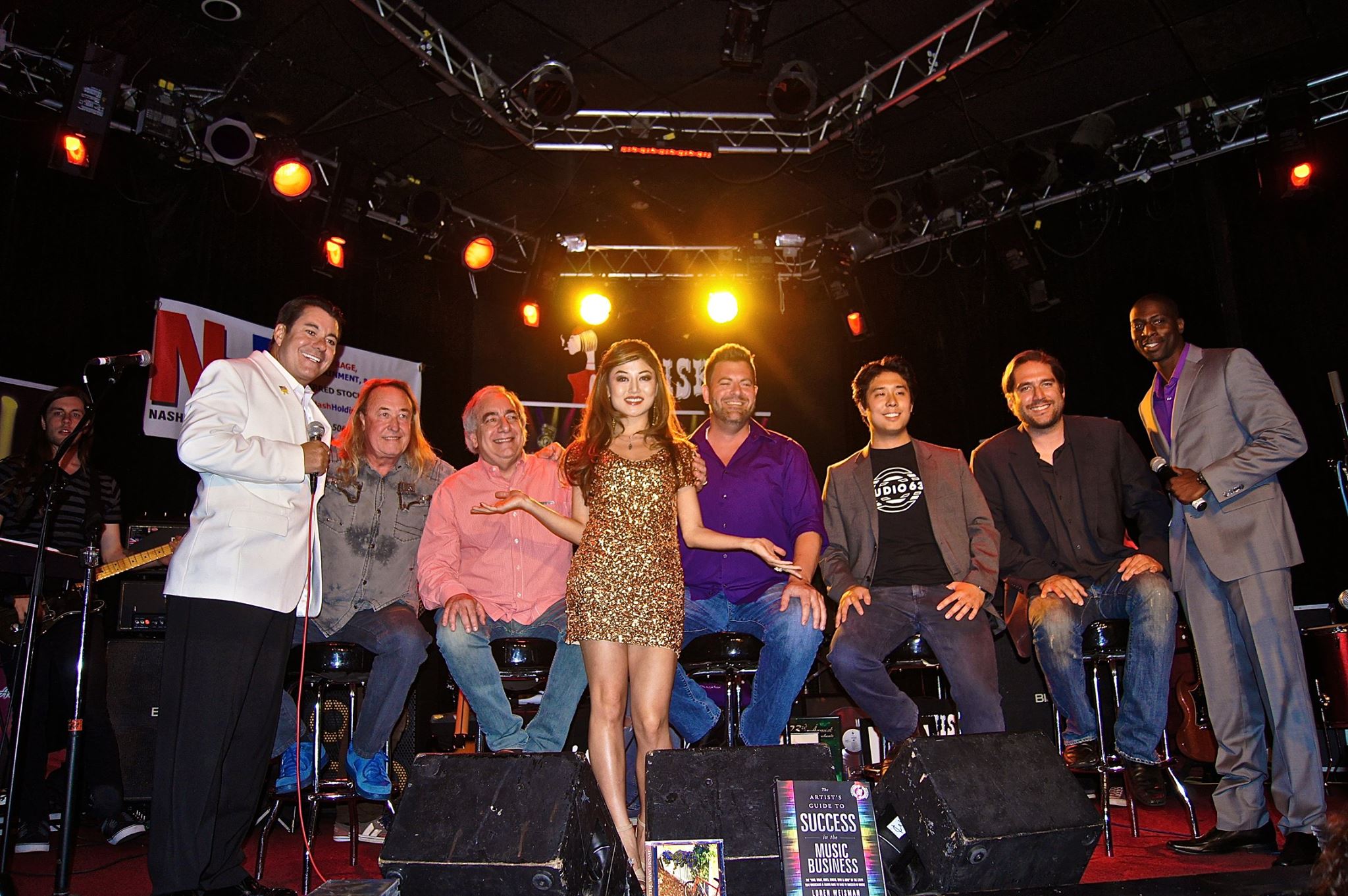
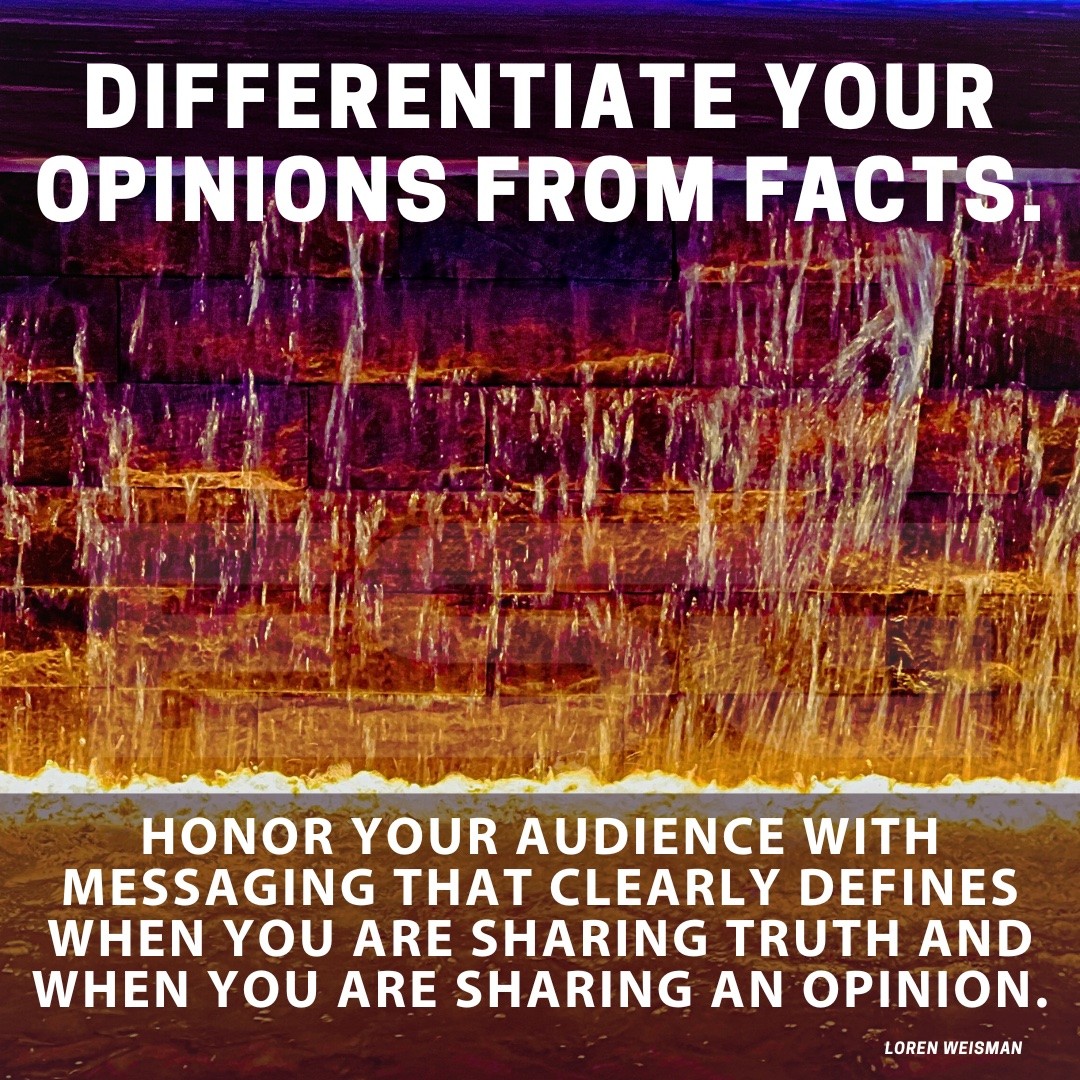
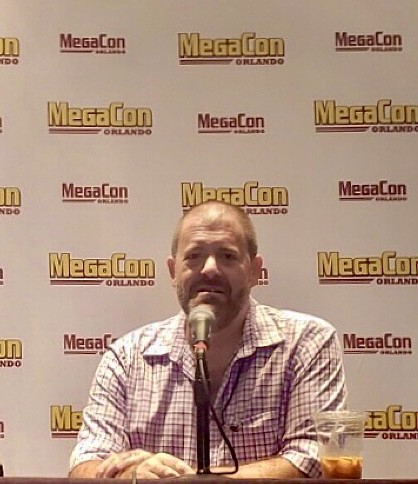
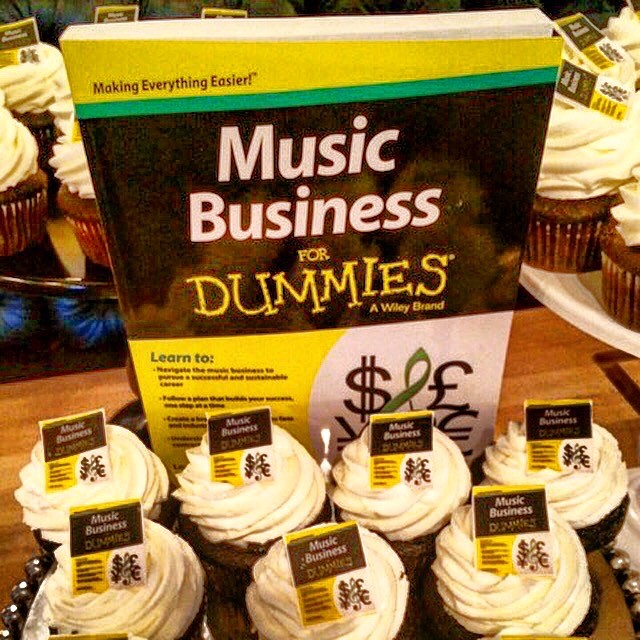
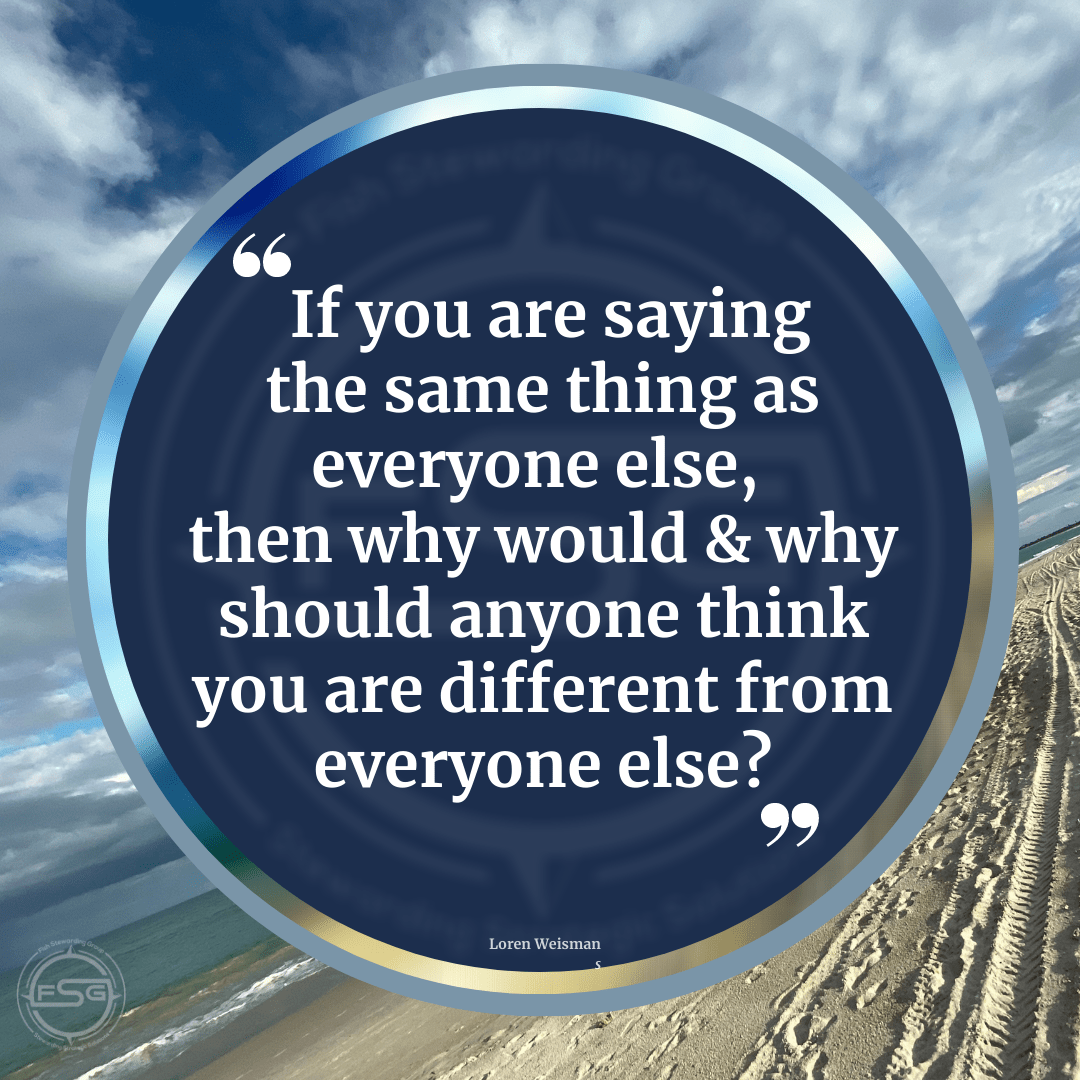 How my daughter changed my approach continued:
How my daughter changed my approach continued:
Leave a Reply